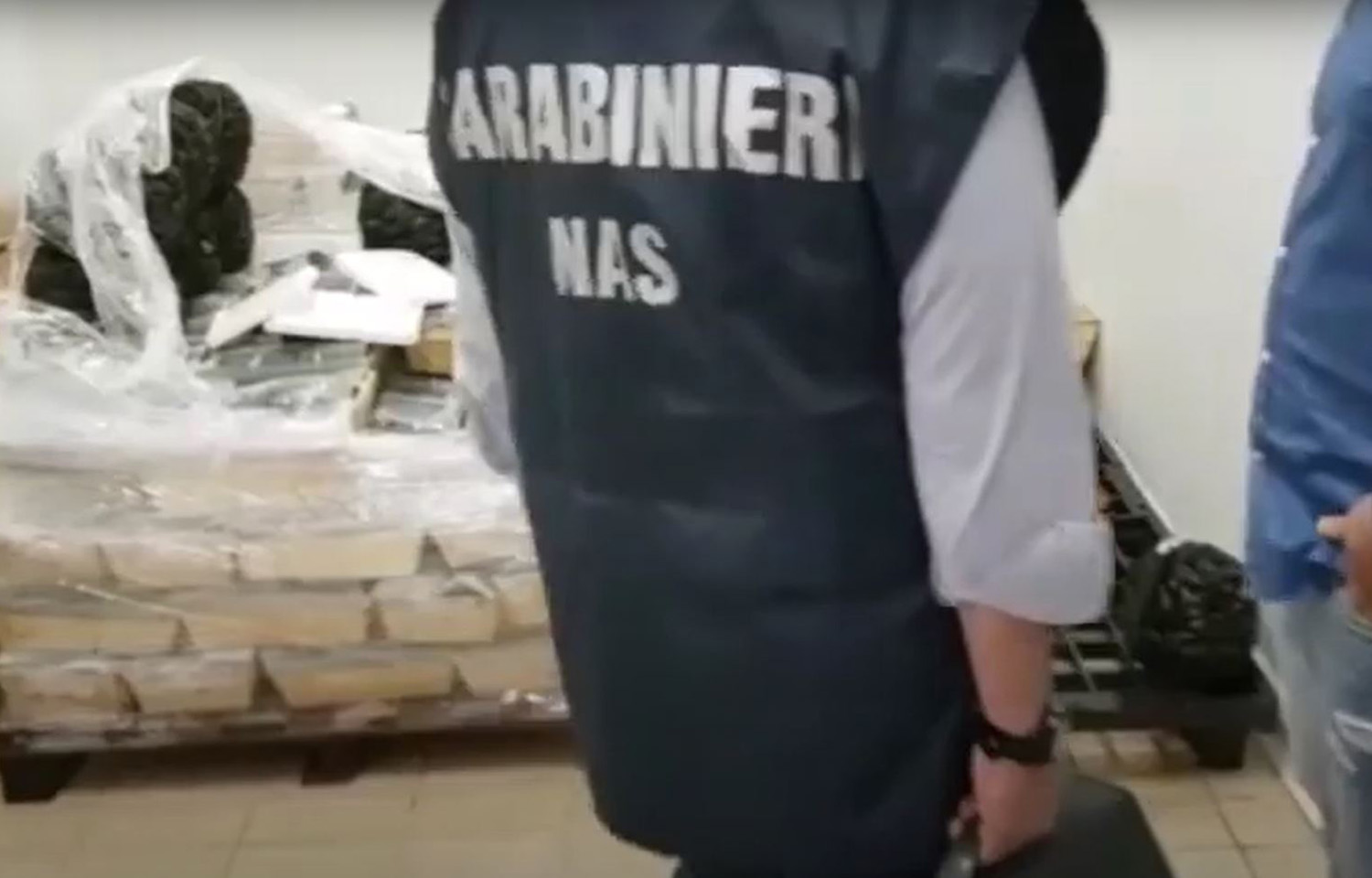Cartagena, Spain-based bluefin specialist Ricardo Fuentes y Hijos and the Pescnortmar Group have been ordered to stand trial on allegations they participated in an illegal smuggling ring.
In 2018, Spanish and Europol authorities and arrested 79 people allegedly involved in smuggling bluefin tuna from Italy and Malta into Spain, reaping as much as EUR 25 million annually (USD 23 million) in ill-gotten profits.
A lengthy investigation conducted by El Confidencial, published in 2018, outlined the details of the scheme, which involved 3.5 million kilograms of bluefin caught illegally in Italian and Maltese waters, imported to Spain via French harbors, and then traded illegally in Spain, including via the Mercamadrid market. Several consumers in Spain were sickened from eating the tuna, which was allegedly stored in unhygienic conditions and injected with undeclared coloration and water-retention additives.
On 9 July, Spanish National Court Judge María Tardón ordered 12 companies and eight individuals to stand trial on charges they played roles in the scheme that broke seven separate laws. Included in the group are José and Juan Pedro Fuentes García, the leaders of Ricardo Fuentes, and Carlos Fernández Fernández, Javier Amorós, and Khalid Mouslim of the Valencia, Spain-based Pescnortmar Group, according to La Verdad.
In a 17-page order, Tardón accused the Fuentes brothers of leading a scheme of mingling legally imported tuna with illegally imported fish in an effort to camouflage the fraudulent scheme, and of maintaining a close relationship with Malta’s director-general of fisheries, who allegedly accepted bribes to protect and advance the conspiracy. The order outlined how the tuna involved in the scheme was kept in substandard conditions, and how documents were falsified to present it as food-grade quality, presenting an “obvious danger to public health.” Tardón also accused those involved of hiding the profits of their scheme through the purchase of jewelry and high-end vehicles.
Tardón's order accused those charged in the scheme of violating environmental laws, alleging that due to the document falsification, the origin of the tuna could not be ascertained. It was likely some of the tuna involved in the plot was caught outside of the management plan for bluefin tuna in the Eastern Atlantic and Mediterranean.
A member of Spain’s Guardia Civil, or civil police, was also ordered to stand trial in the case for allegedly providing non-public information to the leaders of the scheme to help them avoid detection.
The Spanish Ministry of Agriculture, Fisheries, and Food and the Spanish Fishing Confederation (CEPESCA) have petitioned to be heard in the case.
“This is not the reality of our fishing sector as a whole, which on the contrary respects legality,” Spain Agriculture, Fisheries, and Food Minister Luis Planas said in a statement.
CEPESCA denounced those alleged to be involved in the scheme, saying it ran counter to the organization’s mission of encouraging the development of responsible and sustainable fishing and combating illegal fishing.
“We encourage the court to act decisively on the laundering scheme of illegal catches and fraudulent trade of bluefin tuna,” CEPESCA said in a 16 July press release. “CEPESCA believes that this type of behavior is unacceptable, not only in the fishing sector, which is characterized by a continuous effort to implement better practices in its activity, but also in all other related sectors, such as the Spanish marketing and catering sectors, whose prestige and international reputation can be damaged by these kinds of acts, especially in the case of a high-quality product such as bluefin tuna.”
CEPESCA said it supported the transnational work being performed through the International Commission for the Conservation of Atlantic Tunas (ICCAT) to improve the management and control measures for the eastern bluefin tuna stock.
However, a 2019 report found the current catch documentation method for Atlantic bluefin tuna used by ICCAT leaves large loopholes that can be exploited by fishers catching more than what is allowed, allowing them to have illicit catch enter E.U. markets.
In 2023, Grupo Ricardo Fuentes Commercial Director Isaac Hermo said his company could grow without any increase in quota.
“Sustainability comes first and if that means no additional quota, then that’s OK,” Hermo told SeafoodSource. “And because of the limited quota, everyone's doing better with the product, that means the product is going to be better received by the market.”








